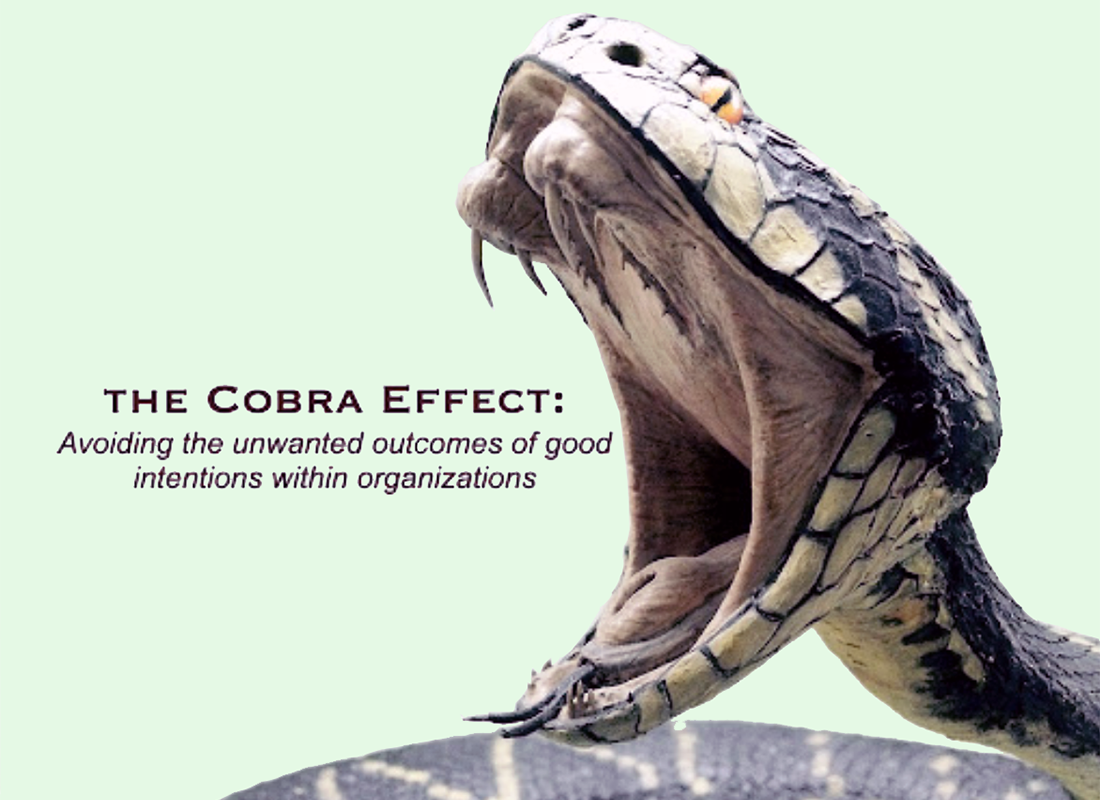Kerby Anderson
Elon Musk noted on X that giving more money to homelessness charities in California did not seem to reduce the number of homeless people. In response, Konstantin Kisin reminded him about the Cobra Effect and was surprised to discover how many people hadn’t heard of it.
The Cobra Effect is based on a story which may or may not have taken place during British colonial rule in India. According to the story, the British wanted to reduce the cobra population and offered a bounty for every dead cobra. But the cobra problem got worse because people realized they could profit from this bounty and began raising cobras in farms. When the government became aware of this practice, they discontinued the bounty program. The cobra breeders released their now worthless snakes into the wild making the problem worse.
In the past, I’ve talked about how the Cobra Effect surfaced in the attempt to combat racism. Anti-racist groups and organizations formed to combat racism. But they soon faced a problem. The demand to find racism was much larger than the supply. Soon we were hearing about microaggressions, and the charge of racism was thrown around indiscriminately.
The problem of homelessness in California, Kisin argues, came not only from the “attempts to deal with it failing, but was also the result of well-intentioned policies, the deinstitutionalization movement, whose goal was to free people of the tyranny of mental asylums.” The mentally ill people released into the streets fell through the cracks. Today cities are littered with tents and drug addicts on the streets.
These are just two examples of many others that remind us that good intentions don’t always solve social problems.
 Listen Online
Listen Online Watch Online
Watch Online Find a Station in Your Area
Find a Station in Your Area










 Listen Now
Listen Now Watch Online
Watch Online
